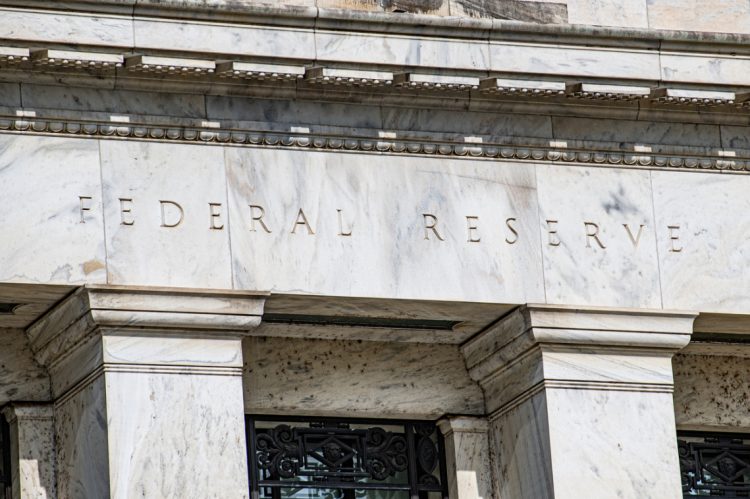Taking center stage, inflation, bank regulations, the housing crisis and the Consumer Financial Protection Bureau (CFPB) were key topics as Federal Reserve Chair Jerome Powell testified before the Senate Committee on Banking, Housing and Urban Affairs.
During Tuesday’s Semiannual Monetary Policy Report to Congress, Powell reemphasized the Fed’s position in not lowering rates. At the January 29 Fed meeting, Powell said there wouldn’t be any immediate cuts, but it would depend on the “incoming data, the evolving outlook and the balance of risks.”
Before Congress, Powell reassured lawmakers that the U.S. economy remains strong with GDP growth at 2.5%, unemployment at 4.1% and a 2.6% increase in personal consumption expenditures (PCE).
This comes as mortgage rates remain elevated, keeping homeownership out of reach for Americans.
Senator Jim Banks (R-Indiana) pointed out that home prices in some states have increased over 60% in the past five years, leaving three-quarters of Americans unable to afford an average home in their neighborhood. He asked Powell how Fed decisions on monetary policy affect these families. Powell acknowledged the affordability crisis, but argued that the Fed does not set mortgage rates, only interest rates.
“Nonetheless, we’re clearly having an effect on the housing market, and that’ll unwind as we normalize policy, but we’re still going to be faced with high insurance costs and high material costs and labor shortages and all the things that keep driving housing prices up across the country,” answered Powell.
Adding to the housing affordability concerns, Senator Tina Smith (D-Minnesota) focused on home insurance and how climate risks will affect real estate due to the rising costs of home insurance due to extreme weather events.
Referencing a study from First Street that estimates that climate risks can wipe out $1.4 trillion in real estate value over the next 30 years, Smith asked Powell who this financial stability threat would fall on.
Stopping short of calling it a financial stability issue, he said these economic consequences would ultimately fall on state and local governments.
With home affordability remaining a top concern, Senator Catherine Cortez Masto (D-Nevada) pressed Powell on whether rates would remain above 6% this year.
Powell reiterated that the economy is in a good place. The Fed wants to make more progress on inflation and isn’t in any hurry to reduce the policy rate. As for housing, he said that although mortgage rates are high, that isn’t related to the Fed’s rate, but instead, that’s on long-term bond rates—specifically the 10-year and 30-year treasury.
“And those are high for reasons not particularly closely related to Fed policy; they may remain high. I think once we lower rates and…rates return to a lower level, mortgage rates will come down. I don’t know when that’ll happen,” he said. “And even when it does happen, we’re still going to have a housing shortage in many places.”
Asking about the two mainstays of our housing system—Fannie Mae and Freddie Mac—and how important the 30-year mortgage is in helping Americans secure a home, Senator Jack Reed (D-Rhode Island) asked how detrimental it would be on the industry if the Trump administration ultimately removed the two pillars from their government conservatorship, as he has indicated he will do.
Powell hinted that shifting these government agencies back to the private sector does have “some appeal,” but ultimately said the decision is on the lawmakers.
Additionally, Senator Reed referenced how President Donald Trump removed the board chair at the Kennedy Center and asked Powell what he would do if Trump tried to remove anybody from their spot at the Fed.
“It’s very clearly not allowed under the law,” Powell said.
Another hot topic at the testimony involved the CFPB and banking regulation. Senator Elizabeth Warren (D-Massachusetts) said that the country is in the middle of a crisis, characterizing billionaire (and special government employee) Elon Musk as an unelected “co-president.”
After Trump’s Treasury Secretary Scott Bessent halted all CFPB operations, there are now “zero cops overseeing the $18 trillion consumer lending market,” essentially giving Wall Street a “get out of jail free card,” claimed Senator Warren.
“If the CFPB is not there examining these giant banks to make sure they are following the laws on not cheating consumers, who is doing that job?” asked Warren.
Powell ultimately agreed, saying that without the CFPB, no other federal regulator is there to protect those consumers.












